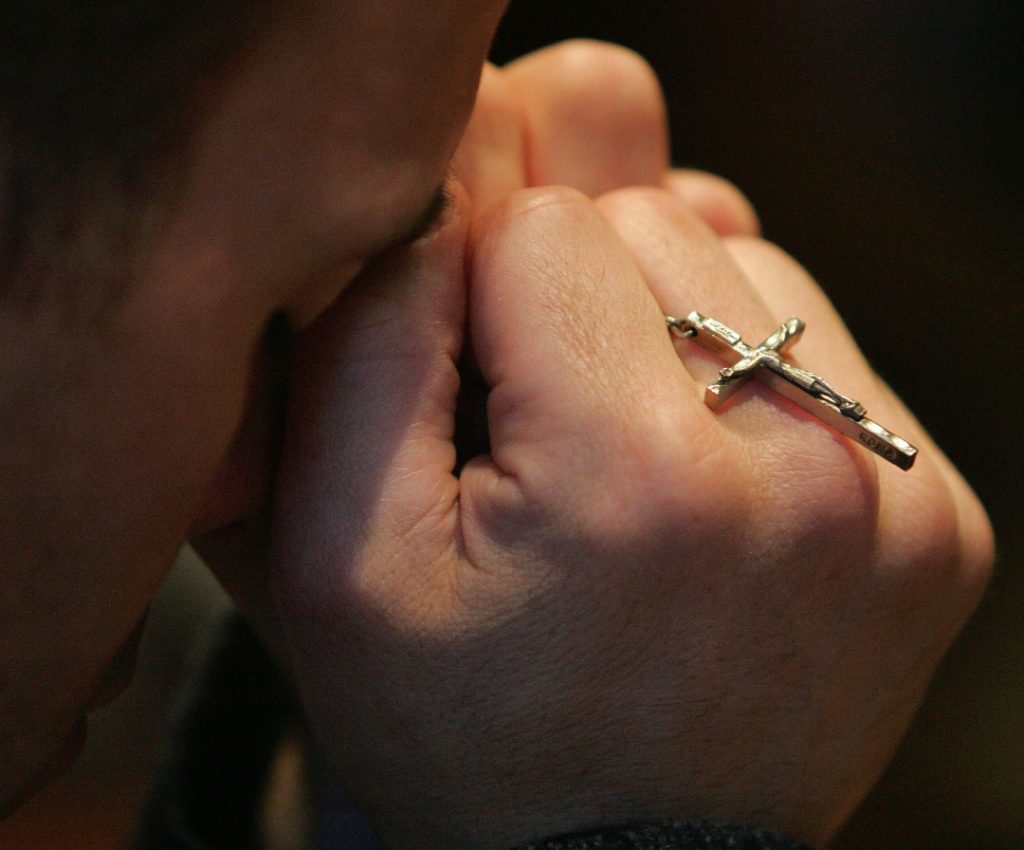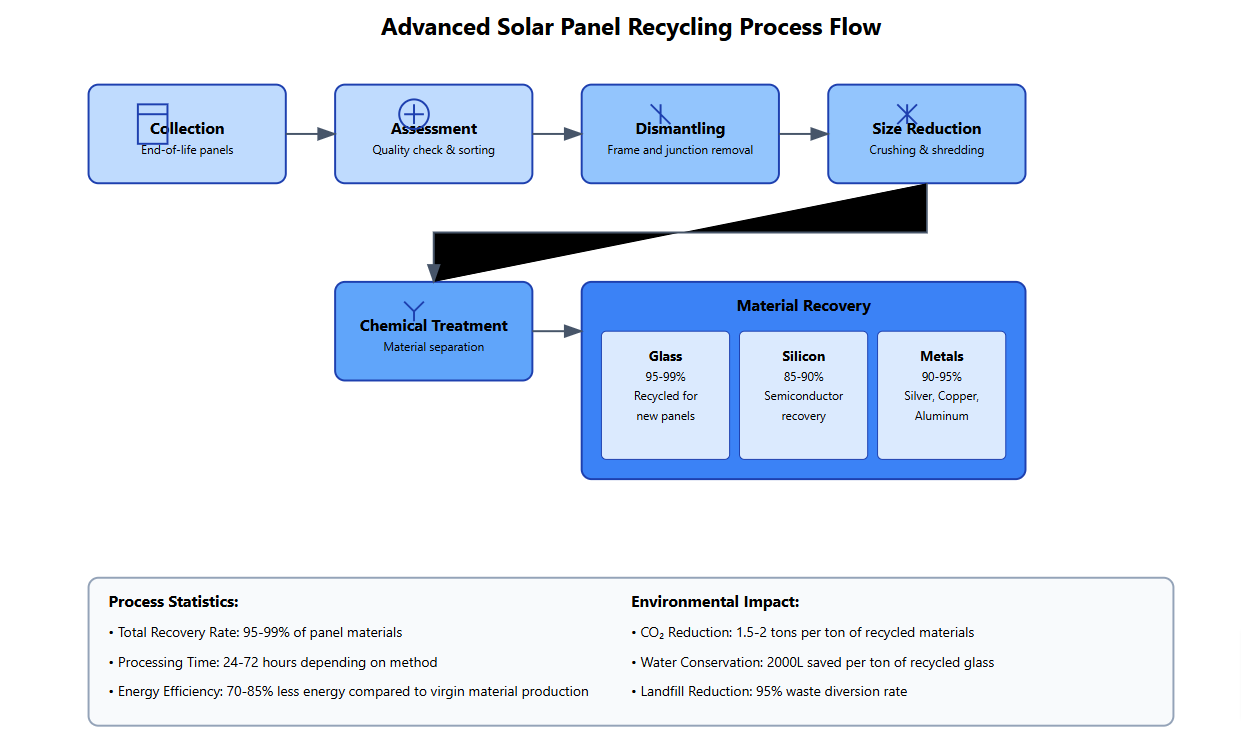What does Christianity say about Heaven, Hell, and Purgatory? Understanding these concepts’ evolution can shed light on Christian beliefs about life after death. Some wonder if Scripture mentions purgatory directly. Its place as an established concept shows it has become a significant part of faith-based ideas about what happens after death.
We will explore these notions and delve deeper into how Christians have grappled with questions surrounding Heaven, Hell, and Purgatory’s nature throughout history. This offers insightful glimpses into our collective pursuit to better understand life’s mysteries beyond mortality.
Exploring Biblical References to Afterlife but Not Mentioning Purgatory Explicitly.
Which Bible scriptures discuss Heaven, Hell but not Purgatory?
In this journey through Christianity’s afterlife belief system, readers will learn about these three states, their development in religious thought, and how they reflect different faith-based traditions. It encourages reflection on one of humanity’s deepest longings: understanding what comes next when our mortal journey ends.
The Bible discusses Heaven and Hell but not Purgatory explicitly. When diving into sacred scripture, we notice some things appear more directly mentioned than others. Regarding life’s aftermath in biblical texts, Heaven and Hell are highlighted; Purgatory is not explicitly mentioned! This leaves ambiguity around a potential third space where souls go through further purification before ascending into paradise (or not). Let’s consider some verses that speak to these ideas:
1) Jesus Christ in Matthew 25:34 speaks about those who practice righteousness inheriting “the kingdom prepared for you since creation.” This hints at a heavenly realm.
2) In Revelation 14, we see a declaration: “They will be the ones standing by our Lord Jesus Christ when He comes upon Mount Zion.” This may allude to a Heaven-like location.
3) On Hell, Luke 6:25 states: “But woe to you who laugh now, for your grief will be great.” These lines hint at potential punishment after an unrighteous life.
However, these leave room for a third location, Purgatory, which is not directly referenced as we understand biblical texts today. This mystery keeps many curious minds intrigued.
How does Biblical silence affect afterlife depictions without explicitly defining a third location?
Biblical silence about a third afterlife location affects depictions without explicitly defining it. When examining teachings on afterlife destinations heaven and hell (explicit in scripture), some wonder why purgatory, between these realms to atone for sins before ascending to Heaven or descending to Hell, isn’t mentioned. This gap leads many believers and theologians to reflect.
Some argue purgatory’s presence can be found through metaphors or indirect Biblical allusions as evidence. Others disagree, believing it violates salvation principles through Christ alone, a central New Testament doctrine. Another consideration is how afterlife concepts manifest differently in later Christian traditions versus others based on scriptural interpretation.
While biblical text might imply some purgatory understanding (albeit implicit), explicit statements defining it remain elusive, leading to differing interpretations among Christian branches based on traditions and personal interpretations.
How are Heaven and Hell depicted without Purgatory mentioned explicitly?
Heaven and Hell are depicted in Bible passages without explicit purgatory mentions. Let’s dissect how they’re presented while avoiding purgatory specifics for clarity.
Heaven is often metaphorically or literally referred to (like with Enoch and Moses) as “Paradise,” an eternal, peaceful place of joy and rewards for the faithful. Its depiction has clearer biblical footing compared to the ambiguous purgatory, leaving room for later theological interpretations (e.g., Catholicism).
Hell is presented as a place of punishment, or “Gehenna,” an infernal fire symbolizing eternal separation from God due to unrepentant sins—quite clear compared to purgatory’s scriptural ambiguity.
While lacking explicit scriptural support, purgatory allows understanding these afterlife locations through interpretations outside the Bible!
Which scriptures and religious concepts resemble Purgatory?
Beyond biblical references, other faith perspectives might relate to purgatory—a space or process between heaven and hell not directly mentioned in the Bible. Exploring these can further our comprehension:
1) The Jewish “Sheol” concept of a temporary abode before final judgment could resemble purgatory, seen in the Book of Maccabees.
2) Hinduism’s “Bhuvar Loka,” a liminal space between heaven and hell where the righteous go and the evil are punished, has parallels with purgatory as an interim state before final judgment.
3) Some Buddhist beliefs touch on transitional phases like “Bardo,” where souls travel through realms, resembling ideas of karma balancing and purification rather than punishment.
While direct “purgatory” references might not exist in scriptural sources, these offer glimpses into shared afterlife ideas existing outside strictly Christian traditions.
Interpretation from Traditional Church Teachings on the Nature of Soul Purification and Its Relationship with Heaven or Hell.
In Christian beliefs, purgatory plays a crucial role in soul purification, helping prepare imperfect souls for heaven. Traditional church teachings hold that some souls need cleansing before eternal bliss; while acknowledging heaven and hell’s contrast, there is a space called purgatory where this spiritual cleaning occurs (an intermediary step).
Different denominations vary in their purgatorial doctrine views. Comparisons reveal both shared ideas around cleansing and heaven/hell connections but also distinctions between perspectives like Catholic versus other branches’ approaches, painting contrasts.
Even within broader Christianity, shared spiritual cleansing themes exist, albeit interpreted differently depending on belief systems. This reveals how diverse yet core these teachings are in guiding souls toward redemption after death and a higher plane (heaven).
Contemporary Views of Purgatory
Compare Christian denominations’ views and beliefs regarding purgatory.
Contemporary views on purgatory differ among Christian denominations. Some accept it as a key belief, while others reject its existence outright. Let’s explore these varying viewpoints by studying different faith communities’ perspectives on accepting or rejecting purgatory. Understanding the nuances between theologians and popular culture representations can help appreciate today’s evolving religious landscape.
What are recent debates about purgatorial legitimacy in theology?
Recently, debates have arisen among scholars regarding purgatorial legitimacy in theology. Denominational differences lead to clashes over whether purgatory aligns with Christian doctrine or not. Debates also rage between scholars on the extent of scriptural evidence for a “purgatorial” state – some argue for enough indirect references, while skeptics contest such interpretations as too ambiguous.
Theological battles over interpretation have gained ground lately. Some theologians consider purgatory a growth tool (‘conditional immortality’), while others reject it on philosophical grounds, eclipsing its usefulness in Christian thought. Popular culture has influenced perspectives too – TV shows like “The Chilling Adventures of Sabrina” or films like “Purgatorio” have sparked new discussions around purgatory’s validity.
We see a tapestry of differing opinions among denominations and scholars. As popular culture evolves these themes further into mainstream conversation, we can expect even more varied views on the ‘purgatorial question.’
How have films/literature in the past decade depicted purgatory and its impact??
In the past decade, media has explored purgatory differently – while some works kept the mystique, others portrayed progressive interpretations influenced by contemporary values and artistic expression. This trend revealed diverging views among believers and non-believers alike.
Scrutinizing these films and literature in the context of denominational disagreements on purgatory’s role or existence gives insights into broader societal dynamics around spiritual beliefs. As popular culture continues evolving, it will be exciting to see how purgatory is represented, perhaps reflecting newer interpretations as society grows.
In conclusion, we can all agree that the idea of purgatory is rooted in certain religious traditions like Christianity, where some people hold that it serves as an intermediate stage between death and heaven or hell for those who need to undergo purification before ascending into the realm of God’s presence.
However, concerns have been raised regarding its direct mention within Bible texts—something many argue doesn’t exist, largely because such terminology is not present in ancient Christian scriptures that comprise what we know today as the Old Testament or Hebrew Scripture and, to some extent, also during the New Testament times when it was still forming.
Nevertheless, there are specific verses from these writings (particularly those of Paul) that many have interpreted as indirectly related in a symbolic sense that hint at cleansing after death; they argue this might represent an interim condition between heaven and hell before admittance into either place becomes final.
The absence or limited presence within Bible texts directly addressing Purgatory could leave space for debate among believers regarding its legitimation in their faith systems while acknowledging that indirect references to related concepts still exist that provide potential explanations about this interim stage’s relevancy; hence, it demands further discussion from religious communities as a whole.
The complexity surrounding such interpretative questions points toward an inherent characteristic of any large and long-lasting doctrine or belief system: the fluidity that emerges due to continuous dialogue among believers, which can sometimes lead to alterations in how core beliefs get interpreted over time (and across diverse cultures).
In your pursuit for clarity regarding Purgatory’s place within Christianity as espoused by these writings, consider engaging more closely with those religious communities whose doctrines embrace this belief system; doing so could shed light on their unique understanding of the issue at hand.











Pingback: The 47 Best Romance Movies of the 21st Century, from High Fidelity to Carol - Esbecgroup
Pingback: Martin Bakole is back and ready to do things properly this time - Esbecgroup
Pingback: Jenna Ortega and Taylor Russell in Talks for Single White Female - Esbecgroup
Pingback: The 17 Best Thrillers Streaming on Netflix in March, from Fair Play to Emily the Criminal - Esbecgroup
Pingback: Second Sydney nurse charged after claiming to kill Israeli patients - Esbecgroup
Pingback: Fact-checking Trump's speech to Congress - Esbecgroup
Pingback: Biden issues more Israeli settler sanctions ahead of Trump term - Esbecgroup
Pingback: Christian student leaders' Israel trip strengthens interfaith bonds amid crisis - Esbecgroup
Стильные советы по подбору стильных видов на любой день.
Заметки стилистов, события, все дропы и мероприятия.
https://ekbtoday.ru/news/2024-09-10-demna-gvasaliya-pereosmyslyaya-modu/